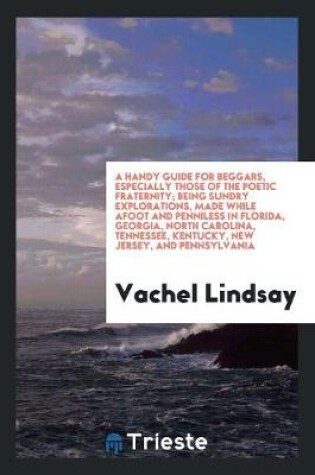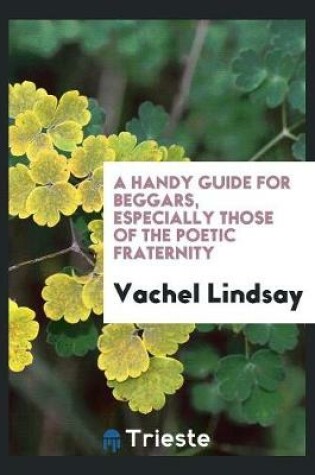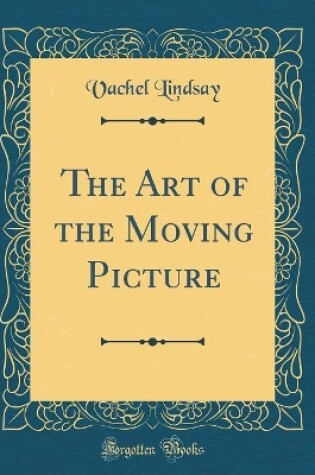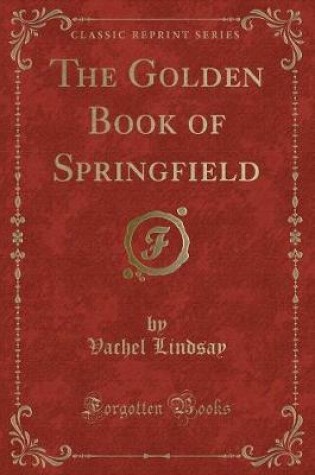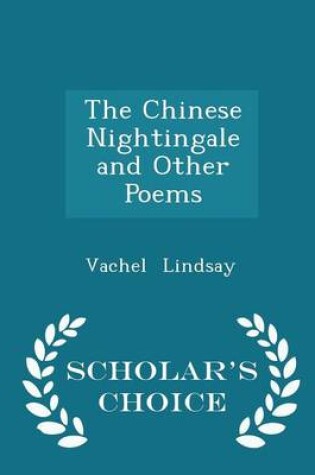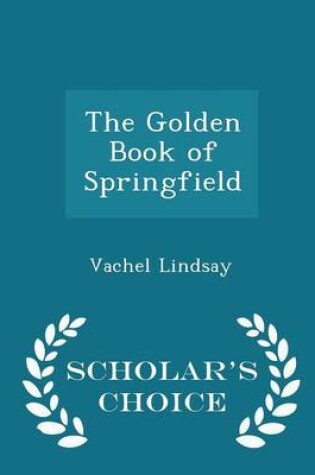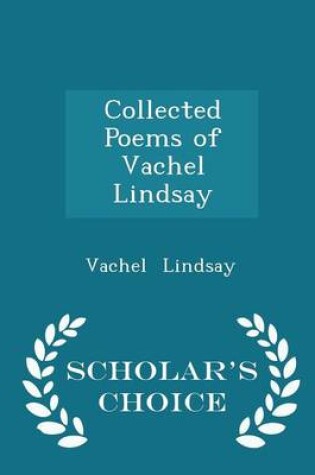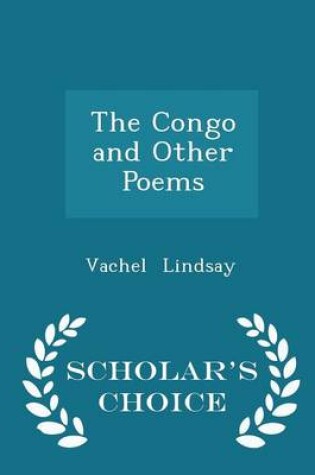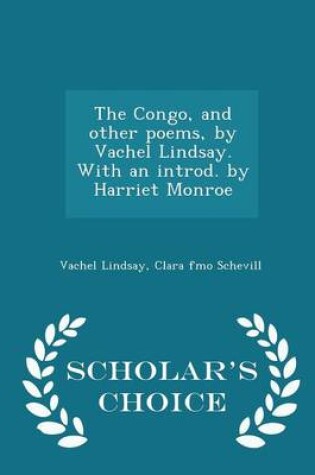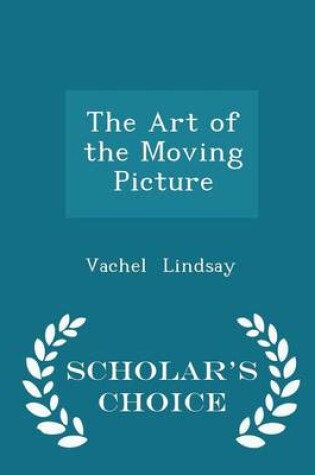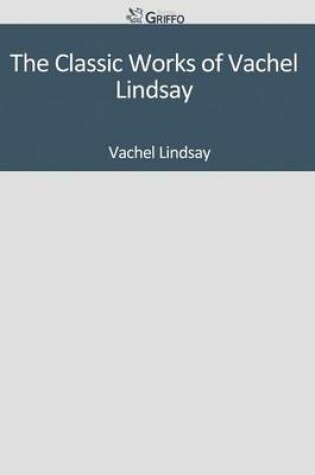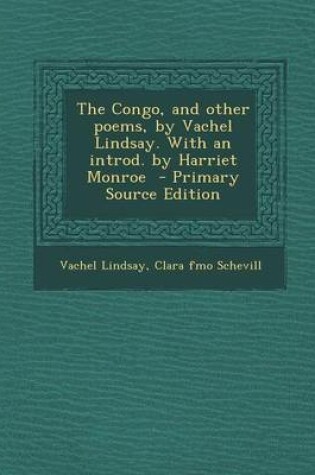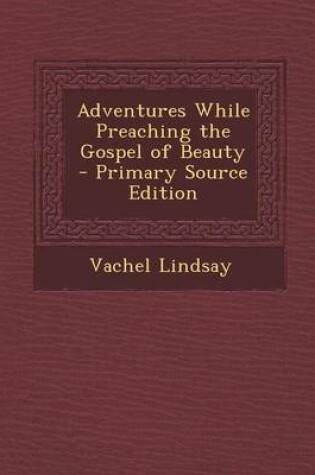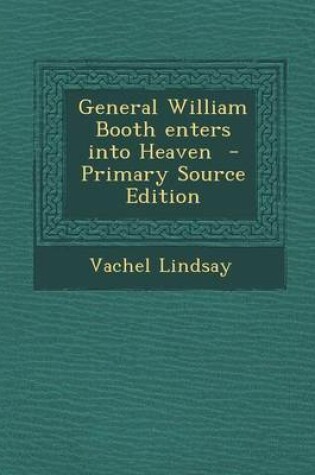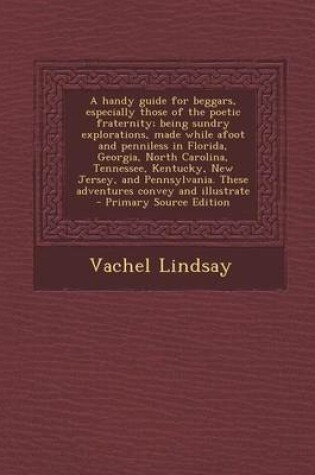Nicholas Vachel Lindsay (1879 - 1931) was an American poet. He is considered a founder of modern singing poetry, as he referred to it, in which verses are meant to be sung or chanted. While in New York in 1905 Lindsay turned to poetry in earnest. He tried to sell his poems on the streets. Self-printing his poems, he began to barter a pamphlet titled "Rhymes To Be Traded For Bread," which he traded for food as a self-perceived modern version of a medieval troubadour. From March to May, 1906, Lindsay traveled roughly 600 miles on foot from Jacksonville, Florida, to Kentucky, again trading his poetry for food and lodging. From April to May, 1908, Lindsay undertook another poetry-selling trek, walking from New York City to Hiram, Ohio. From May to September 1912 he traveled-again on foot-from Illinois to New Mexico, trading his poems for food and lodging. During this last trek, Lindsay composed his most famous poem, "The Congo." Going through Kansas, he was supposedly so successful that "he had to send money home to keep his pockets empty." On his return, Harriet Monroe published in Poetry magazine first his poem "General William Booth Enters into Heaven" in 1913 and then "The Congo" in 1914. At this point, Lindsay became very well known. Additionally, W.E.B. Du Bois hailed Lindsay's story "The Golden-Faced People" for its insights into racism.
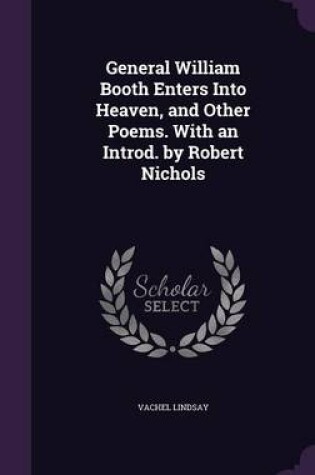

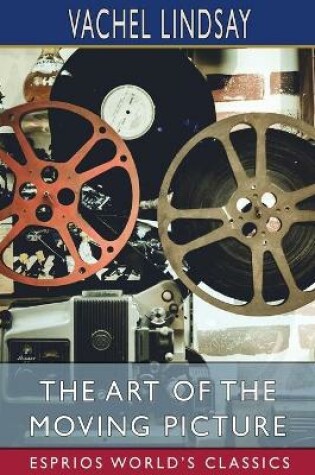
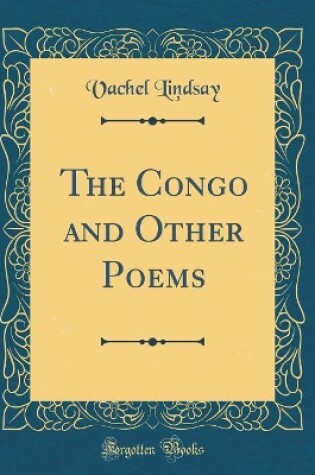

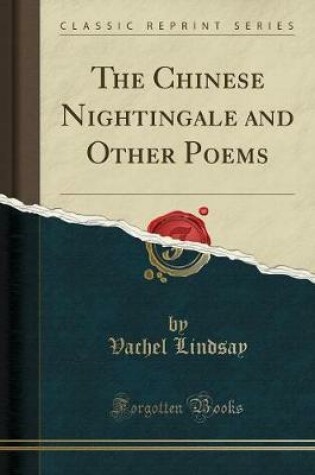
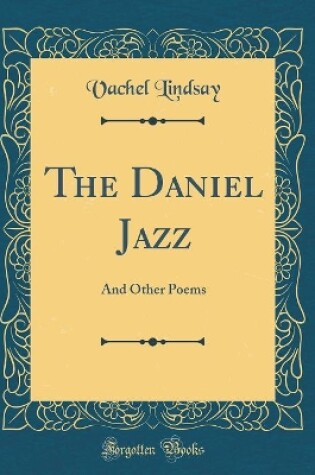
![Cover of A Handy Guide for Beggars, Especially Those of the Poetic Fraternity. [1916]](https://images.bookhype.com/covers/dc/d0/91575960-cba8-4672-8155-766a402e0dcd/9780649762026-cf02b79295205adc205c67-medium-cropped.jpg)
